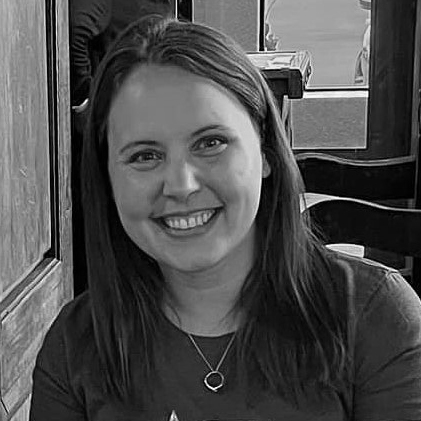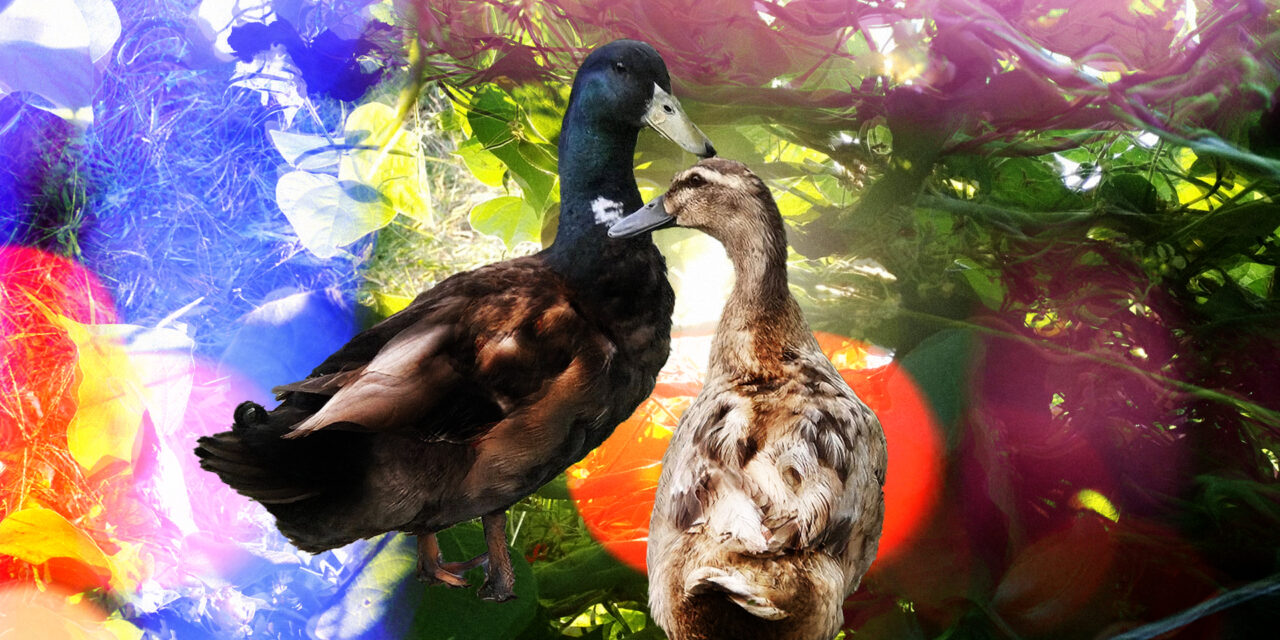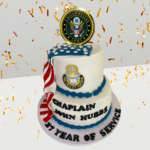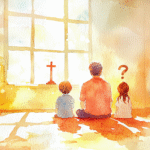By Christine Koffkey
In January of 2021, with snow still on the ground, I had a question I needed to answer: Was I going to restart the community garden on our church grounds, or was it time to move on to another ministry area?
Cornerstone Community Church in Flushing, Michigan, northwest of Flint, has had a small community garden on its 9-acre property since 2014. Back then, my husband and I were struggling to put food on the table. There were several families in the church who were also having a hard time making ends meet, and we realized that the church had potential to meet a need using our land for more than mowing grass.
The garden grew into something beyond meeting basic human needs and became a touchstone of our identity as a church. I spent every summer harvesting rhubarb, tomatoes, peppers, and beans and sharing them with our church. We donated food grown to the Christian Outreach Center in Flushing and used it to provide food at My Brother’s Keeper, a shelter for unhoused men in Flint. We started using the produce to provide for people outside our walls; the garden was a dream come true.
It all came to a crashing halt though. In 2020, with a pandemic raging, three small children at home full-time, a time of division and unrest, and the chaos of trying to lead a church through all of it, I realized that the land, and those working it, needed a break. But now it was 2021, and we needed to decide what the future of the garden would be.
_
“We realized that there is one thing every single human has in common, and it was sitting out on our property: food.”
_
Common Ground
Many people in the church approached me in the summer and fall of 2020 asking if we were going to do the garden the next year. It was an important ministry to them, something they loved to see happening, and they didn’t want it to go away. They wanted to see the garden expand beyond the walls of our church again, to see it grow and blossom into even more. As with many ministries in the church, I knew I couldn’t continue to do it mostly alone: I needed more help to make that dream a reality. So, I asked.
I announced to the church, reached out to some key volunteers, and pleaded with our board to make an official space for the community garden in the ministries of the church. With volunteers rounded up, we developed a key leadership team and began the hard work of turning our dreams for the garden into reality.
In January of 2021 (and as I write this in 2024), it felt like there were so many things dividing us that there was no way we could achieve the unity Jesus was calling us to. So as our garden leadership team sat on the front porch of the church discussing what we wanted the community garden to look like in the future, we realized that there is one thing every single human has in common, and it was sitting out on our property: food. We all need food to sustain our lives. When we walk out into the garden, young or old, man or woman, Black or White, novice or master gardener, we all can pull a green bean off the plant and eat it. Those plants are the things that provide for us day in and day out. When we work together, side by side, to tend those plants, we are experiencing some of the unity that Christ prayed for.
That summer, we hired an intern, a young Black woman from Flint interested in pursuing a career in agriculture. She had attended youth group in our church all through high school, but she hadn’t yet connected with our congregation. As we were spreading compost through the garden, I overheard a conversation she was having with one of our volunteers, an older White woman. They were discussing music, laughing about the dance moves from their school years, and comparing their favorite artists. These were two women who never would have crossed paths except in this space. The garden became their common ground.
In times of division, we so easily allow things to pull us apart and we forget, or sometimes refuse, to focus on the things that bind us together. I often hear pastors, church leaders, and Christ-followers remind us that Christ prayed for unity in the church (John 17:20-23). Christ prayed for us! Not that we would be the same — a monolith of people who always agree about everything — but for unity, that we would be one despite our differences.
Paul later tells the church that our differences are what make the body function, with Christ as the head (1 Corinthians 12:27, Colossians 1:18). It is the very things that make us different that are so essential for unity. Without those differences, we don’t get to experience what it means to be the body of Christ!
Putting Down Roots
In the years since, we have adopted a theme each season, pinned on the idea that common ground is our foundation. In 2024, our theme was “Put Down Roots,” anchored in the Ephesians passage: “I pray that as you trust in him, your roots will go deep into the soil of his great love, and from these roots you will draw the strength and courage needed to walk this sacred path together with all his holy people” (Ephesians 3:17–18 FNV).
_
“The community garden has provided a connecting point for our church to engage and love our neighbors.”
_
As our roots sink down into the soil of God’s love, we are bearing the fruit of His work in our community. The community garden has provided a connecting point for our church to engage and love our neighbors. We have participated in farmers’ markets and harvest festivals in our community. I am delighted when people I meet at the market stop by our produce stand and walk out to chat with us as we tend the plants.
We partnered with our children’s ministry to offer “Storytime in the Garden,” a special place for families to come and spend some time under the shade of a tree, reading books and having lunch together. We even made pizza from our fresh tomatoes and herbs this year!
Perhaps my favorite is “Worship in the Garden,” a time to gather in lawn chairs to sing, pray, and listen to the sounds of nature around us as we cherish the work God is doing in our community. The garden has become a space where we grow food, care for our land, connect with one another, and reach out to those outside our walls.
To learn more about Cornerstone Community Garden or to subscribe to our newsletter, please email cornerstonefmgarden@gmail.com. Please visit our Facebook page and follow us on Instagram @cornerstonefmgarden!
+

Christine Koffkey is currently a local ministerial candidate at Cornerstone Community Church where she has worked alongside her husband, Kurtis, since 2013. She earned a Master of Public Health degree from the University of Michigan and is currently working as a behavioral research coordinator at Wayne State University. She is excited to be transitioning to working as a research and project coordinator at Eruka in 2025. Her greatest passion is to create an environment where people can serve freely in the ministry to which God has called them. In her “free time,” she loves to cook, sew, and explore new and exciting ways to serve her community. She and Kurtis have been married for 15 years and have three children: Kendall, Clara, and Kayden.











